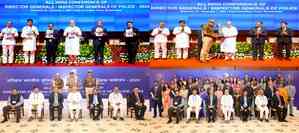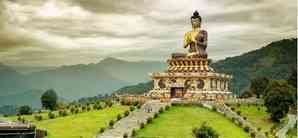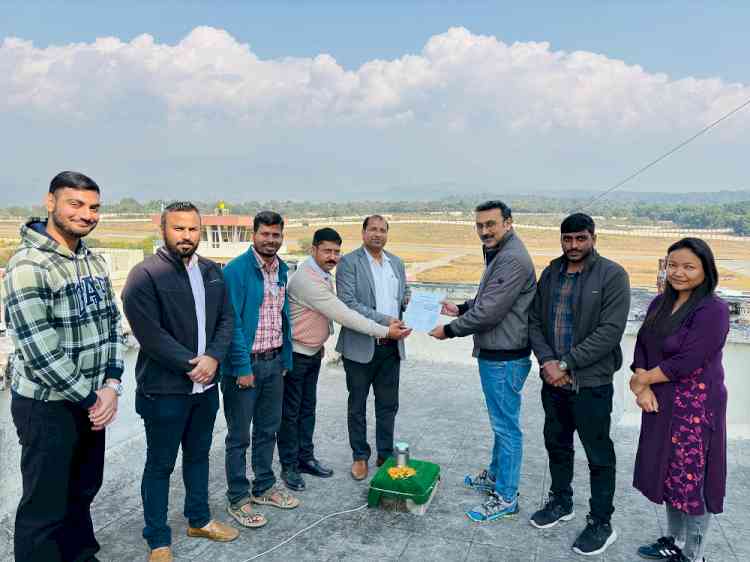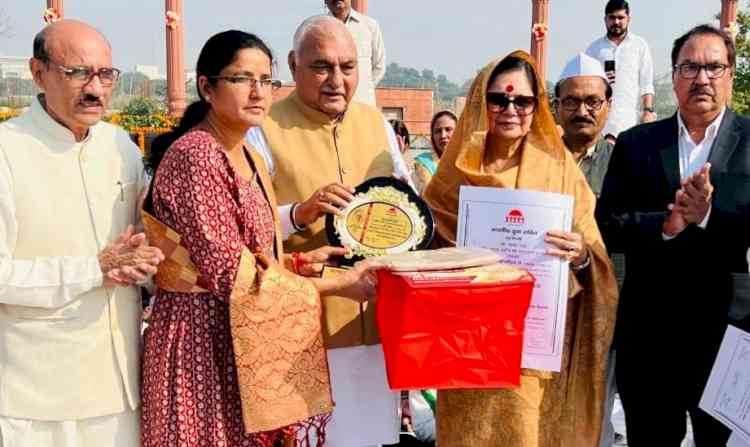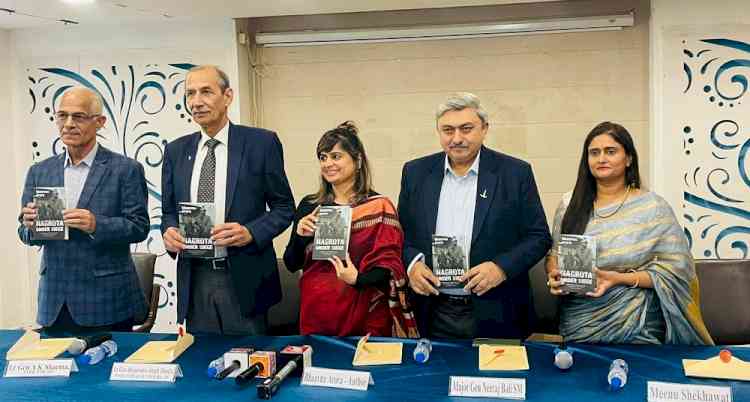Indian Pollution Control Association (IPCA), in collaboration with Punjab Plastic Waste Management Society (PPWMS), spearheaded a pivotal session
Indian Pollution Control Association (IPCA), in collaboration with the Punjab Plastic Waste Management Society (PPWMS), spearheaded a pivotal session on "Circular Economy and Business Opportunities in Waste Management".
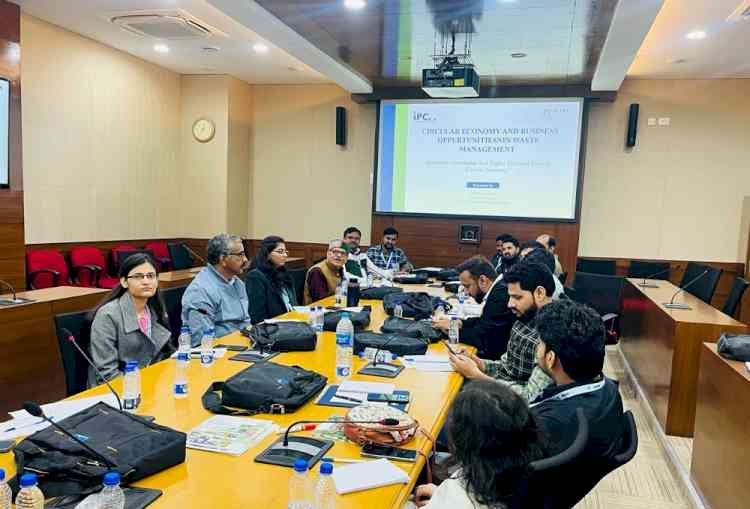
Chandigarh, February 15, 2024: Indian Pollution Control Association (IPCA), in collaboration with the Punjab Plastic Waste Management Society (PPWMS), spearheaded a pivotal session on "Circular Economy and Business Opportunities in Waste Management".
The session took place within the framework of a comprehensive three-day training program held at the Mahatma Gandhi State Institute of Public Administration (MGSIPA), Chandigarh.
The event served as a platform for enlightening over 18 Chief Municipal Officers and Engineers representing 18 different Municipal Councils of Madhya Pradesh. Participants were deeply engaged in discussions and deliberations surrounding critical topics including Circular Economy principles, sustainable waste management practices, source segregation techniques, discontinuation of Single-Use Plastic (SUPs), and the adoption of Mission LiFE.
Dr. Reena Chadha, General Manager at Indian Pollution Control Association (IPCA), delivered an insightful address, offering pragmatic solutions to the multifaceted challenges encountered in waste management. Her expertise and guidance proved invaluable to the attendees, equipping them with actionable insights to drive positive change within their respective municipalities.
The training program, spanning from the 14th to the 16th of February 2024, is part of the ambitious AMRUT 2 Mission initiated by the Ministry of Housing and Urban Affairs (MOHUA), Government of India. This initiative underscores the collective commitment towards fostering sustainable urban development practices across the nation.
The efforts of the Punjab Plastic Waste Management Society (PPWMS) and Indian Pollution Control Association (IPCA) in Punjab were acknowledged by Prof. Sanjeev Chaddha, a distinguished expert within the institute, who expressed sincere appreciation for their contributions.


 City Air News
City Air News 
